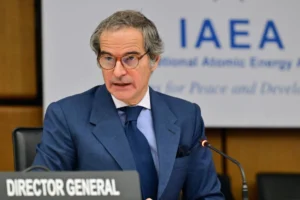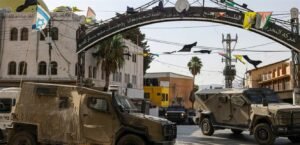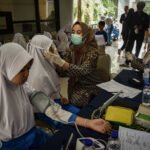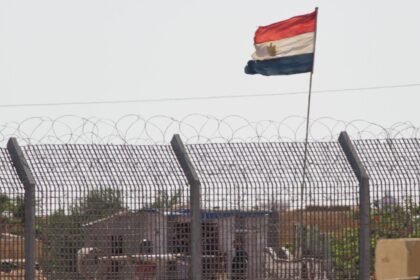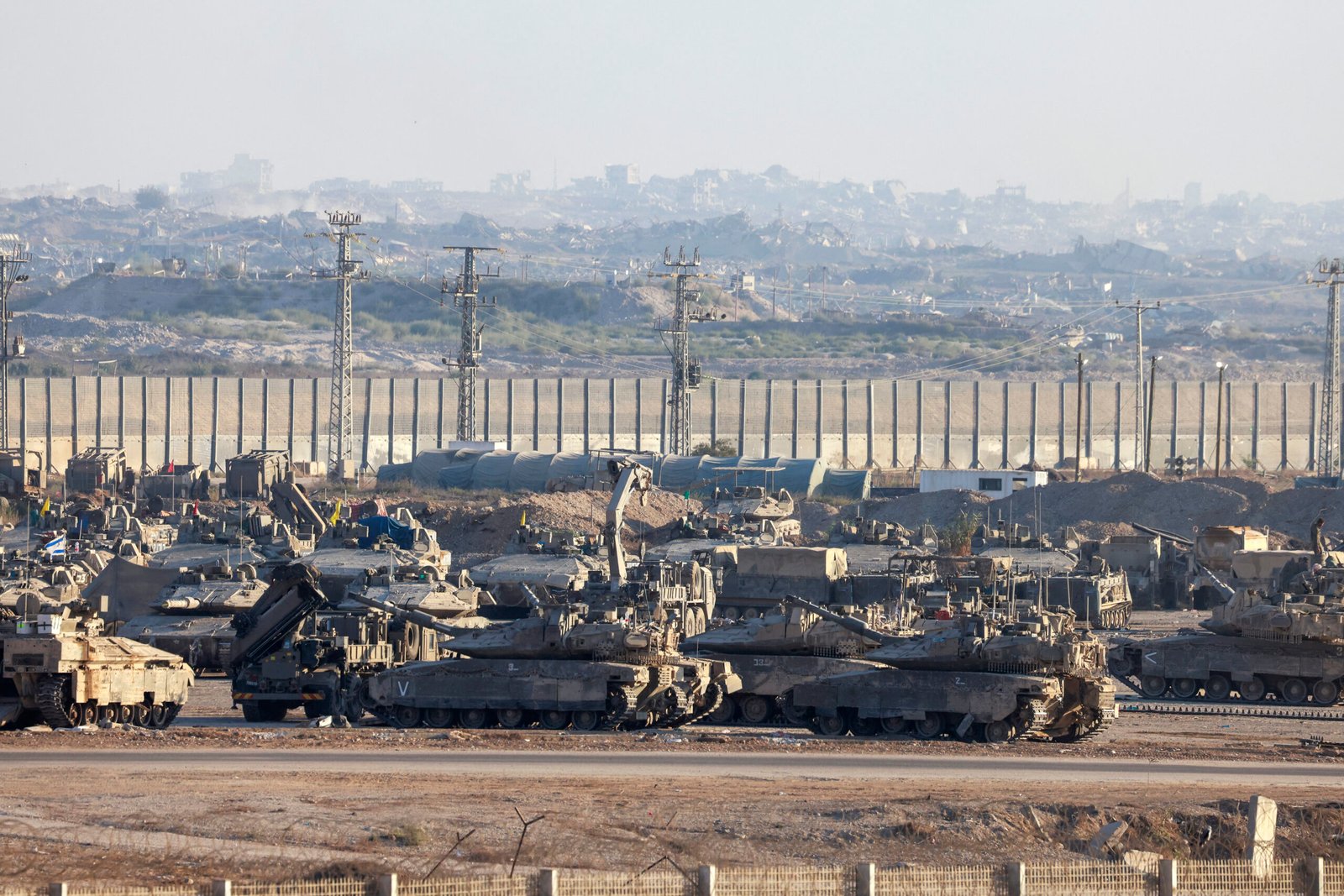Cairo, Egypt – The humanitarian tragedy continues in Gaza, where Palestinians face systematic genocide under bombardment and blockade, while the world remains silent and helpless, despite explicit appeals from Arab and Muslim leaders at the recent Doha Summit.
Arab appeal in Doha
The emergency Arab-Islamic summit held in Doha was a cry to the international community. The final statement condemned the aggression on Gaza and Qatar, considering it a direct threat to regional security. It also called for sanctions, the suspension of relations, and a review of Israel’s UN membership. However, the resolutions remained merely rhetorical, without concrete steps to stop the bloodshed.
Bloody numbers
The land alone speaks the language of numbers. More than 64,000 martyrs have fallen since the war broke out in October 2023, most of them women and children. Thousands of wounded are suffering amid a near-total collapse of the healthcare system, while schools and hospitals have been reduced to rubble or overcrowded shelters. In recent days alone, bombing has destroyed more than 30 residential buildings, increasing the number of displaced people living without shelter, food, or medicine.
Positions of major countries
Amid this ongoing bloodshed, the positions of international powers were mixed. The United States merely reiterated its call for the “right of self-defense” and rejected any decisive steps to achieve a ceasefire. Europe appeared divided; countries such as France and Germany maintained a cautious diplomatic tone, while Spain and Ireland demanded an immediate halt to military operations and the opening of urgent humanitarian corridors. Russia, for its part, accused the West of double standards and called for international intervention to protect civilians, while China expressed its support for Arab and Islamic efforts to end the aggression and reach a just settlement.
Arab and regional position
On the Arab level, Egypt demonstrated a clear commitment to a ceasefire and the opening of the Rafah crossing to aid, but it encountered field and political complications that hindered adequate aid delivery. Gulf states, led by Saudi Arabia and Qatar, stressed the need for urgent international action and raised the ceiling on demands to hold those responsible for the crimes accountable, while the UAE sent massive humanitarian aid to the Gaza Strip. Jordan, for its part, continued to call for the protection of holy sites and an end to violations. Despite this rhetorical momentum, practical steps remain far short of the magnitude of the tragedy.
International silence and Palestinian steadfastness
The international community is content with statements of condemnation, while draft resolutions are repeatedly vetoed by the Security Council. On the other hand, the Palestinians insist on persevering. Every home destroyed creates a thousand new homes in the national memory, and every martyr leaves behind a thousand resistance fighters. Gaza continues to write its history in blood, remaining a symbol of dignity and defiance.
An open letter: The massacres in Gaza are no longer a purely Palestinian affair, but an open wound in the Arab and international conscience. If the Arabs gathered in Doha to declare their condemnation, the entire world is called upon today to take action. Words cannot stop the bloodshed, and resolutions mean nothing unless they are translated into action on the ground.






